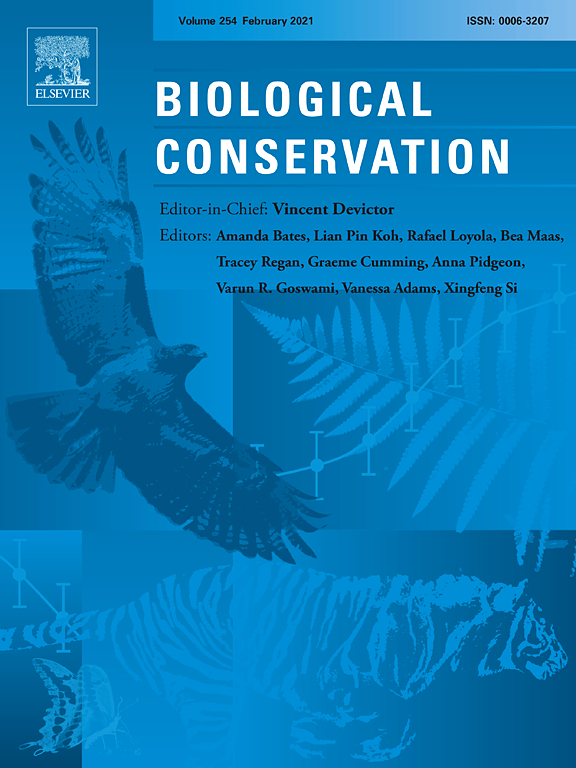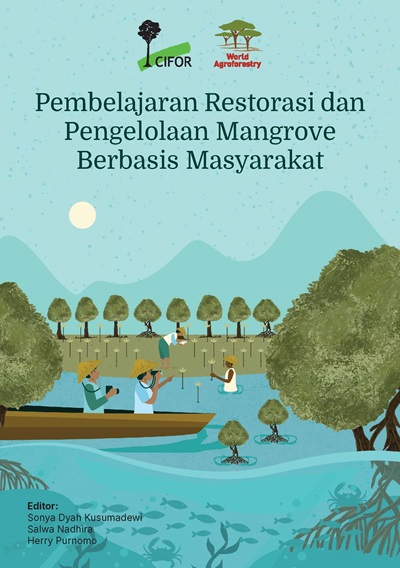Mangrove forests of the island of New Guinea are some of the largest and most diverse in the Asia-Pacific region. Located across Indonesia and Papua New Guinea, these forests are relatively undisturbed compared to the surrounding regions. However, mangroves here face rising pressures by coastal development (aquaculture, agriculture, and settlements) and natural resource extraction (forestry, oil and gas exploration, and unsustainable fishery practices). This study synthesises the current state of mangroves and compares differences in management practices and policies between Indonesian New Guinea and Papua New Guinea. Through a Driver-Pressure-State-Impact-Response framework analysis, we found that peripheral or watershed drivers such as logging upstream, agriculture (including oil palm), oil and gas, and mining, could cause substantial pressure on the mangroves. In Indonesia, there are rigid policies and practices regulating each driver. However, overlapping, and contradicting regulations often do not acknowledge other land uses within the same area, which limits policy implementation. Papua New Guinea's coastal regulations encounters similar difficulties, with additional issues of delegating decision making to local administrations. Management practices such as national scale emissions accounting and Integrated Coastal Zone Management plans need to prioritize regulating the peripheral and internal drivers to maintain mangrove ecosystem services. Challenges for implementation include fragmented management, scarce capacity building and lack of data for decision making. Sustained funding for local coordination among managing agencies and data collection is key for a successful mangrove management.
DOI:
https://doi.org/10.1016/j.biocon.2024.110697
Altmetric score:
Dimensions Citation Count:

Publication year
2024
Authors
Sillanpää, M.; Friess, D.A.; Heatubun, C.D.; Cragg, S.M.; Alei, F.; Bhargava, R.; Wahyudi; Hendri; Kalor, J.D.; Purwanto; Marlessy, C.; Yudha, R.P.; Sidik, F.; Murdiyarso, D.; Lupascu, M.
Language
English
Keywords
mangroves, ecosystem management, land use, greenhouse gas emissions, carbon sequestration, coastal areas, policy, conservation, natural resources management
Geographic
Indonesia, Papua New Guinea























